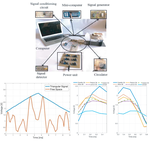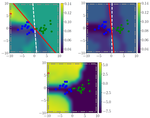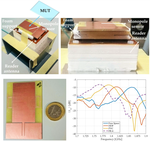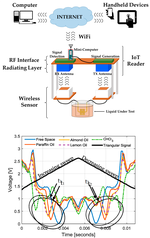About Me
(Last updated: April 2023)
Welcome! I am Javier, a PhD Candidate in AI Security in the Dept. of Computing at Imperial College London. My current interests are (not limited to) adversarial machine learning, aiming to investigate the security of machine learning algorithms; bilevel optimization problems; Generative Adversarial Networks (GANs); and federated learning. I focus on data poisoning attacks, where attackers can manipulate training data collected from untrusted sources to degrade the ML algorithm’s performance. I am part of the Resilient Information Systems Security (RISS) Group under the supervision of Prof Emil C. Lupu and Dr Luis Muñoz González.
For a high-level and fun presentation of my research interests in data poisoning, you can have a look at this video:
I have worked as a teaching assistant in several courses in ML, deep learning, and probabilistic methods at Imperial College London. I did a research internship in summer 2022 at IBM Research on ML security and machine unlearning.
I have extensive experience in prototyping ML algorithms in Python and PyTorch. My background is also in Telecom Engineering. In 2021 I was included in the Santander-CIDOB 35 under 35 List:
If you want to know fun facts about me, you can have a look at this video:
I am passionate about travelling. I am eager to learn, analytical, deliberative and achiever. I am always interested in challenges and open to new collaborations. Drop me an email or DM me on LinkedIn to connect!
Interests
- Machine Learning
- Deep Learning
- Adversarial Machine Learning and Data Poisoning
- Bilevel Optimization
- Generative Adversarial Networks
- Federated Learning
Education
-
PhD in Machine Learning Security, (exp.) 2023
Imperial College London
-
MRes (Hons) in Multimedia and Communications, 2017
Universidad Carlos III de Madrid
-
MSc (Hons) in Telecommunications Engineering, 2017
Universidad Carlos III de Madrid
-
BEng (Hons) in Telecommunications Engineering, 2015
Universidad Carlos III de Madrid




